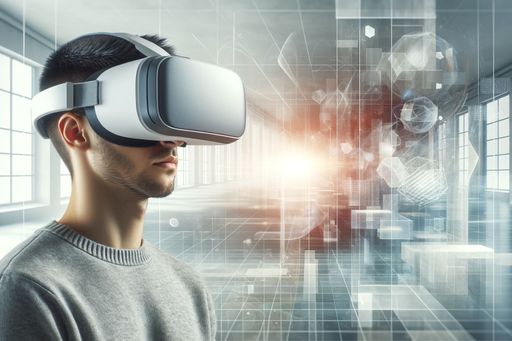Microsoft Discontinuing Windows Mixed Reality
Microsoft has announced that it is discontinuing Windows Mixed Reality, along with the accompanying Mixed Reality Portal app and Windows Mixed Reality for Steam VR.

End of Windows Mixed Reality
In a recent update to its list of deprecated Windows features, Microsoft has revealed that it is discontinuing Windows Mixed Reality. This means that the Windows Mixed Reality platform, along with the Mixed Reality Portal app and Windows Mixed Reality for Steam VR, will no longer be supported.
Windows Mixed Reality was first introduced by Microsoft in 2017 as a way to compete with virtual reality rivals like HTC and Oculus. It served as a portal for games, apps, and other experiences within the VR space.
Although Windows Mixed Reality is being discontinued, it seems that the enterprise-focused HoloLens 2 will still be available. Microsoft has released a free Windows 11 upgrade for the HoloLens 2, along with other improvements.
Microsoft's Focus on Other VR Applications
Despite the discontinuation of Windows Mixed Reality, Microsoft is still exploring other applications of virtual reality. The company has developed the Microsoft Mesh app, which allows co-workers to meet in a virtual space without the need for a headset.
Additionally, Microsoft has partnered with Meta to allow Quest users to access Office apps and Xbox Cloud Gaming platform. This shows that Microsoft is not completely abandoning VR technology, but rather shifting its focus to other areas.
It will be interesting to see how Microsoft's decision to discontinue Windows Mixed Reality will impact the VR market and whether the company will continue to innovate in this space.
The Future of VR
With Microsoft discontinuing Windows Mixed Reality, it raises questions about the future of VR and the competition between different virtual reality platforms. HTC and Oculus are currently leading the VR market, but new players may emerge in the coming years.
Technology is constantly evolving, and VR is no exception. As more advancements are made in hardware and software, we can expect to see more immersive and accessible VR experiences. It will be exciting to see what the future holds for virtual reality.


